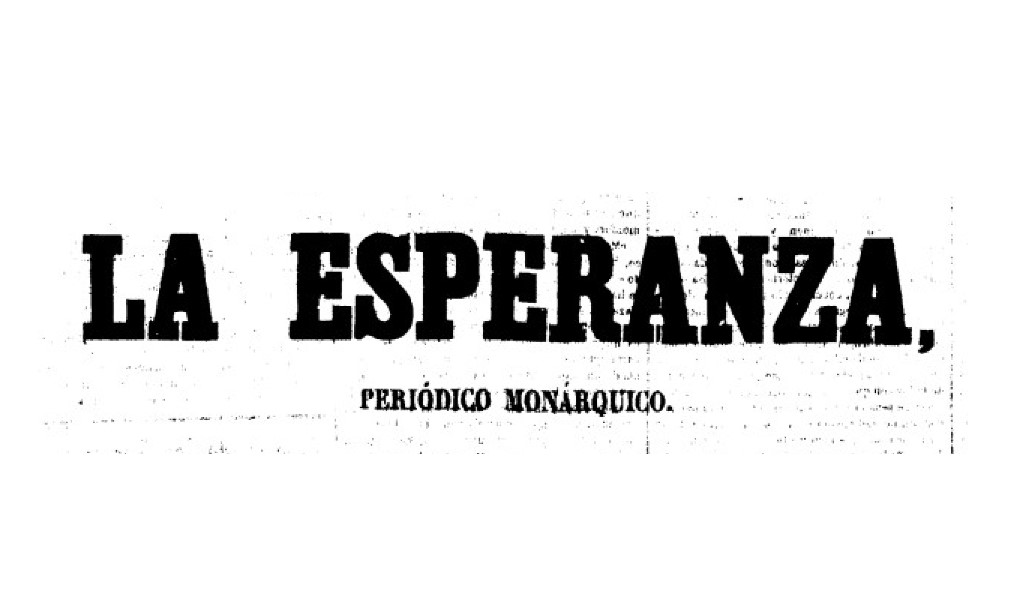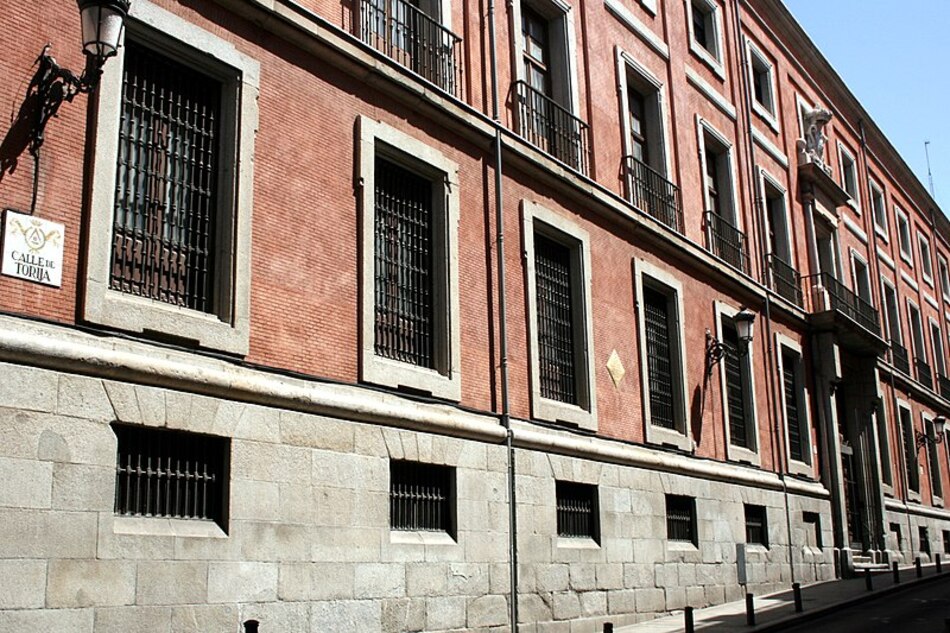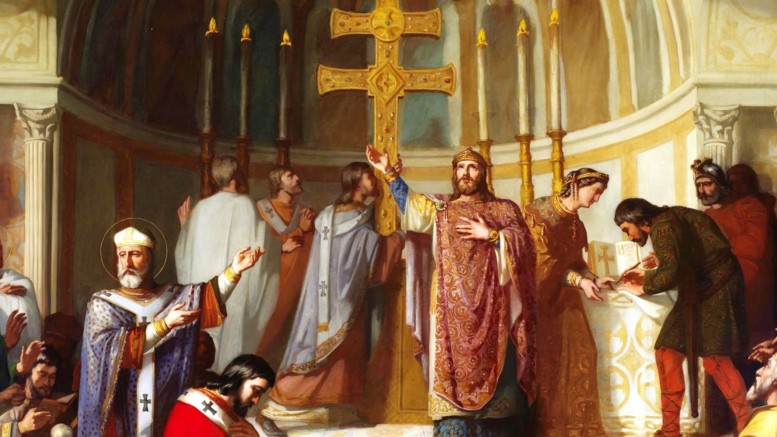
We offer below the second and last part of an article from the newspaper archives of La Esperanza, published on November 28, 1856. It is the translation of an original article by the great Louis Veuillot for his L’Univers. To read the first part of this article, click this link.
***
The disastrous progress of the Manichaean sects that devastated Europe, and that threatened total ruin to the Church and to society, forced the Popes, the Bishops and the lords to unite their efforts against such a great danger. The sectarians denied at the same time the most essential principles of religion and of the moral order; their practices were pillage, devastation and murder. The war did nothing else with them but lead them from ruin to ruin, havoc to havoc (…), they were drowned, but they were always reborn. It was then that the Inquisition took on its development and form that has later earned it so much calumny. And what were Saint Dominic’s thoughts? Substitute the regime of justice for the regime of war, replace the saber with the law, and grant knowledge of cases of heresy to their natural judge, the priest, instead of leaving it to the soldier. Your soldiers, he said to the Catholic lords, will never manage to kill more than an innumerable number of these unfortunates, among whom there are many ignorant people. It is necessary to go out to meet them; feet bare, cross in hand, and establish monasteries, schools and judges among them.
The order of Saint Dominic will always be honored as having been chosen by the Holy See, in order to search for heretics and attract them through a healthy teaching, punishing those who, with criminal tenacity, persist after this in error, a task that he fulfilled deserving the recognition of even the heretics themselves. The killings ceased, peace was restored with the triumph of the truth, and science and letters took a prodigious flight. There is much talk of the bonfires of the Inquisition; but it lit less surely than other lights. The University of Tolosa was founded against the Albigensian heresy, and a thousand others of its kind formed one of the Church’s means of putting an end to heresies. It is necessary to dispense with all reason, or better said, all self-love, and miserably allow oneself to be deceived by hatred, in order to believe that a century that saw both Innocent III, Saint Francis of Assisi, Saint Dominic, Saint Louis of France and so many other saints at the head of society, the Church wanted to establish sanguinary tribunals with the sole purpose of indulging in the pleasure of putting innocent people to death.
It is conceivable that in their frenzy the systematic enemies of Christianity believe such things, or at least say them: since passion does not reason, and does not care about injustice. But Catholics who speak in this way out of timidity or ignorance should remember that the Popes and the General Councils have proclaimed the Inquisition as necessary, establishing it and solemnly sanctioning it. It was in the third and fourth Lateran Councils that the Inquisition was truly formed, not as a political institute, a character that was later given to it by the Kings of Spain and Portugal, but as a religious and ecclesiastical institute, as it existed in Europe until the end of the fifteenth century.
Therefore, as regards this first form, exclusively religious and ecclesiastical, it is necessary to be able to say frankly that the Inquisition has been an institute that Catholic society needed, and that it has satisfied that need.
If in the exercise of such magistrature some men have erred, theirs alone is the fault. Every judge can err, to fail in their duties, if you want; justice is holy. Everything that the Church has established, confirmed or approved in relation to the Inquisition, is healthy, and no Catholic is allowed to censor it, because the Church cannot authorize evil or error, neither by their conduct nor by their teaching, being able to judge the moral value of things, both by their practice and by their words. This is what those political Christians never want to understand who, recognizing the infallibility of the Church in its dispositions, nevertheless judge most of its acts as if they believed it lacked the assistance of the Holy Ghost.
Thus, 1st, the Inquisition in general, that is, the discovery and repression of temporary dissent that can disturb the order of societies, is the necessary right and exercised everywhere by all human society; 2nd, the Church has always preserved and exercised this right, and, depending on the times and circumstances, has arranged its use, not only very legitimately, but even with much mercy and wisdom, even deciding to use the greatest rigor; 3rd, the political Inquisition in Spain, which we are going to talk about, is something very different from the Inquisition established, confirmed and approved by the Church. It is important to make this distinction in a matter in which the passions tend to confuse everything, and thereby make it easier for everything to be ignored.
Before moving on, we must present another reflection on good sense and good faith.
The enemies of the Catholic religion are pleased to talk about the Inquisition. It is the easiest text for their declamations and outrages, and its name alone is equivalent to a multitude of slanders. For their part, Catholics cannot pronounce them and demonstrate the ridiculousness of such declamations and the iniquity of such calumnies and outrages, without immediately being apostrophized by telling them that they want to relight the bonfires in order to make the flower of the human race rise to them. We could name the writers who take up their pens in perpetuity in order to let their followers know that L’Univers has just made the apology for the Inquisition again, and once again asks that it be burned. On this point, very particularly, they want Catholics to be content with their punishment, lower their heads and reduce themselves to silence. They have nothing to be ashamed of; they only have to combat palpable lies and ignorant lies; the truth is with them. Let them proclaim it with confidence, and they will triumph on this point, as they have already triumphed on so many others. If the multitude of adversaries, being of good faith, could destroy the truth, such a thing would have been achieved long ago. But God has given Her an invincible strength; to be victorious, She only needs a small number of firm hearts that do not resign Her and know how to confess Her (…). This is why our time will be marked by the great reparations of it. Finally, just as the truth has a hidden strength, the lie has secret diseases. All her daring leaves her when she is exposed (…) as for the Inquisition, the time is near, if it has not already arrived. The prey is going to be separated from the clutches of those who have devoured it for so long.
LA ESPERANZA
Translated by Alfz M. Scullin, Círculo Carlista Camino Real de Tejas



